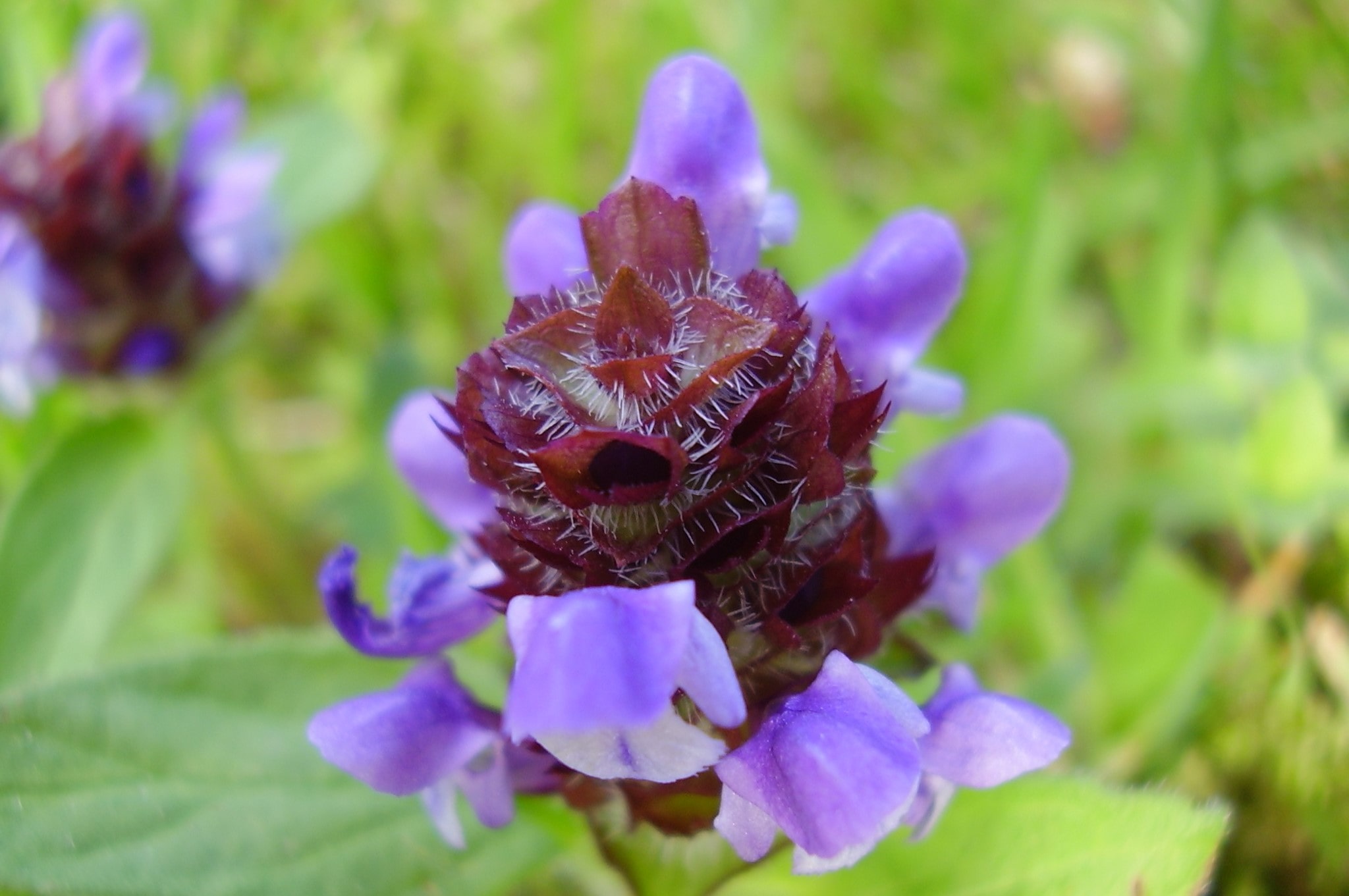
Prunella is a fascinating plant genus that often goes unnoticed. Ever wondered what makes this humble herb so special? Prunella is not just another pretty flower; it has a rich history and a plethora of uses. From its medicinal properties to its role in traditional remedies, this plant has much to offer. Did you know that Prunella is also known as "self-heal" or "heal-all"? This nickname hints at its impressive healing abilities. Whether you're a gardening enthusiast, a nature lover, or someone interested in herbal medicine, learning about Prunella can be both enlightening and useful. Let's dive into 15 intriguing facts about this remarkable plant!
Key Takeaways:
- Prunella, also known as self-heal, is a versatile plant with medicinal and nutritional benefits. It can be used to make teas, tinctures, and salves for various health issues, and it's rich in vitamins and antioxidants.
- Modern research suggests that Prunella may have antiviral properties and could play a role in cancer prevention. It's a hardy plant that can be easily grown in your garden, offering a wealth of benefits.
15 Facts About Prunella
Prunella, also known as self-heal or heal-all, is a fascinating plant with a rich history and numerous benefits. Let's dive into some intriguing facts about this remarkable herb.
What is Prunella?
Prunella is a genus of flowering plants in the mint family, Lamiaceae. It is widely known for its medicinal properties and has been used in traditional medicine for centuries.
- Prunella is commonly referred to as self-heal or heal-all due to its extensive use in folk medicine for treating various ailments.
- The plant is native to Europe, Asia, and North America, thriving in temperate climates and often found in meadows, woodlands, and grasslands.
- Prunella has small, tubular flowers that can be purple, blue, or white, blooming from late spring to early autumn.
Medicinal Uses of Prunella
Prunella has been valued for its healing properties for generations. Here are some of its notable medicinal uses.
- Traditional Chinese medicine uses Prunella to treat liver disorders, sore throats, and fever.
- The plant contains rosmarinic acid, which has anti-inflammatory and antioxidant properties, making it useful for treating wounds and skin conditions.
- Prunella is believed to boost the immune system, helping the body fight off infections and illnesses.
- Herbalists often use Prunella to make teas, tinctures, and salves for various health issues, including digestive problems and respiratory infections.
Nutritional Benefits of Prunella
Beyond its medicinal uses, Prunella also offers several nutritional benefits.
- Prunella is rich in vitamins A, C, and K, which are essential for maintaining healthy skin, vision, and blood clotting.
- The plant contains flavonoids, which are compounds known for their antioxidant properties, helping to protect cells from damage.
- Prunella is a good source of dietary fiber, aiding in digestion and promoting a healthy gut.
Prunella in Modern Research
Modern science has taken an interest in Prunella, leading to some exciting discoveries.
- Recent studies suggest that Prunella may have antiviral properties, potentially helping to combat viruses like herpes and HIV.
- Research indicates that Prunella could play a role in cancer prevention due to its ability to inhibit the growth of certain cancer cells.
- Scientists are exploring the potential of Prunella in treating chronic diseases such as diabetes and cardiovascular conditions.
Growing Prunella
Interested in growing Prunella in your garden? Here are some tips to get you started.
- Prunella is a hardy plant that can grow in a variety of soil types, though it prefers well-drained soil and partial shade.
- The plant can be propagated by seeds or cuttings, making it easy to cultivate and spread in your garden.
Prunella is truly a versatile and valuable plant, offering a wealth of benefits from its medicinal uses to its nutritional value.
The Final Scoop on Prunella
Prunella, often called self-heal, packs a punch in both medicinal and culinary worlds. This humble herb has been used for centuries to treat wounds, sore throats, and even digestive issues. Its antioxidant properties make it a superfood in teas and salads. Plus, it's a pollinator magnet, attracting bees and butterflies to your garden. Easy to grow, Prunella thrives in various climates and requires minimal care. Whether you're a gardening newbie or a seasoned pro, adding Prunella to your garden can be a game-changer. So, next time you see this unassuming plant, remember its rich history and versatile uses. Happy gardening!
Frequently Asked Questions
Was this page helpful?
Our commitment to delivering trustworthy and engaging content is at the heart of what we do. Each fact on our site is contributed by real users like you, bringing a wealth of diverse insights and information. To ensure the highest standards of accuracy and reliability, our dedicated editors meticulously review each submission. This process guarantees that the facts we share are not only fascinating but also credible. Trust in our commitment to quality and authenticity as you explore and learn with us.


